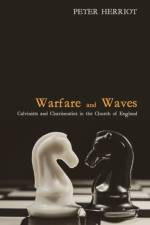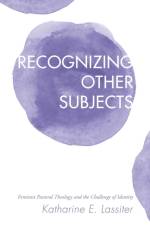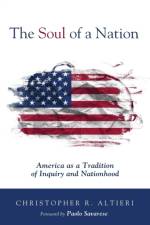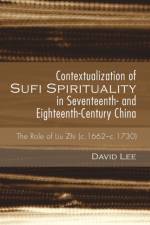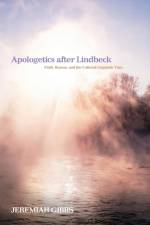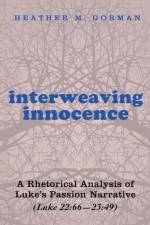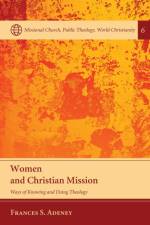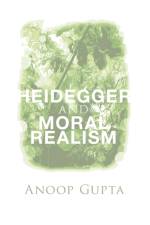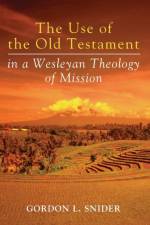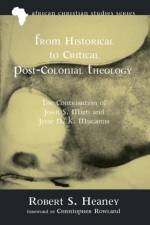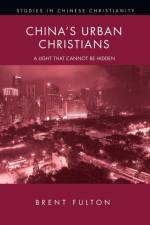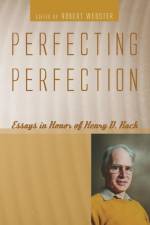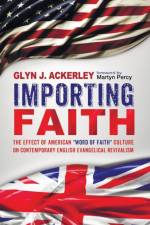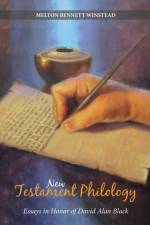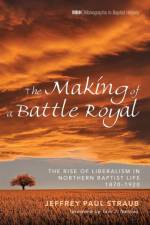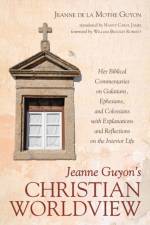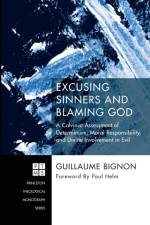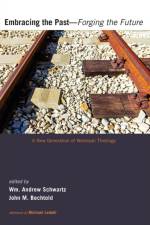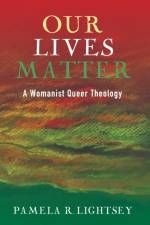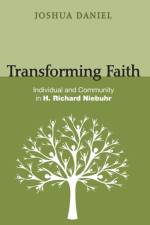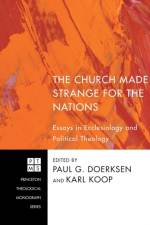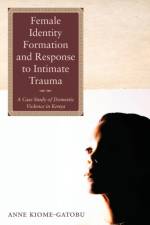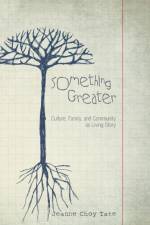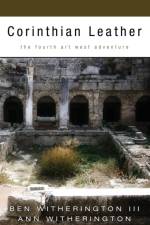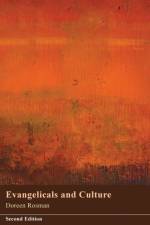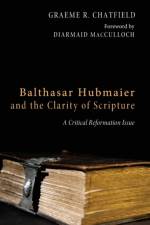421
The field of ecclesiology is rapidly expanding as new material, theories, methods, and approaches are being explored. This raises important and challenging questions concerning ecclesiology as an academic discipline. This book takes the reader into the trenches of ecclesiological research where the actual work of reading, writing, interpreting, and analyzing is being done. The authors reflect on fundamental questions concerning theory and method in ecclesiology in relation to concrete and actual research projects. Ecclesiology is dealt with as a systematic, empirical, historical, and liturgical discipline. Essays explore theology in South Africa as shaped by apartheid, liturgical theology, the diaconate in an ecumenical context, Free Church preachership, suburban ecclesial identity, medieval church practices, liturgical texts, church floor plans, and ecclesiology as a gendered discipline.Ecclesiology in the Trenches is a book for anyone who is interested and involved in ecclesiological research. It is also an example of a reflective approach to academic work. The book can be read as an overall argument for ecclesiology as a theological discipline with great potential for studying the church as a theologically defined empirical phenomenon.""This outstanding collection of consistently high-quality essays brings the reader deep into the exciting discussions at the intersection of ecclesiology and its material, and social forms and conditions. The book convincingly displays the fruitfulness of constructive ecclesiology when it attends to these conditions. Those unfamiliar with the essential work in this area in Scandanavia will find it especially enlightening.""--Nicholas M. Healy, Ph.D., Professor, Theology and Religious Studies, St. John''s University, New York""This volume succeeds in being not just another collection of essays, but a compelling report of ecclesiology ''under construction.'' The editors skillfully gather and introduce a variety of approaches to ecclesiology, enabling the reader to see them from a complementary standpoint. Bridging divides, integrating doctrine and empirical research, truly interdisciplinary and sensitive to ethics and worship, this book is an indispensable tool for making an ecclesiology for today, and is a tribute to the clear vision of the editors.""--Professor Paul S. Fiddes, Professor of Systematic Theology, University of Oxford, Director of Research, Regent''s Park College, OxfordSune Fahlgren is Associate professor of Practical Theology at Stockholm School of Theology. He is the author of Shalom Inshallah: Encountering Jews, Christians, and Muslims (2013).Jonas Idestrom is a researcher at Church of Sweden Research Unit. He is the editor of For the Sake of the World: Swedish Ecclesiology in Dialogue with William T. Cavanaugh (2010).

